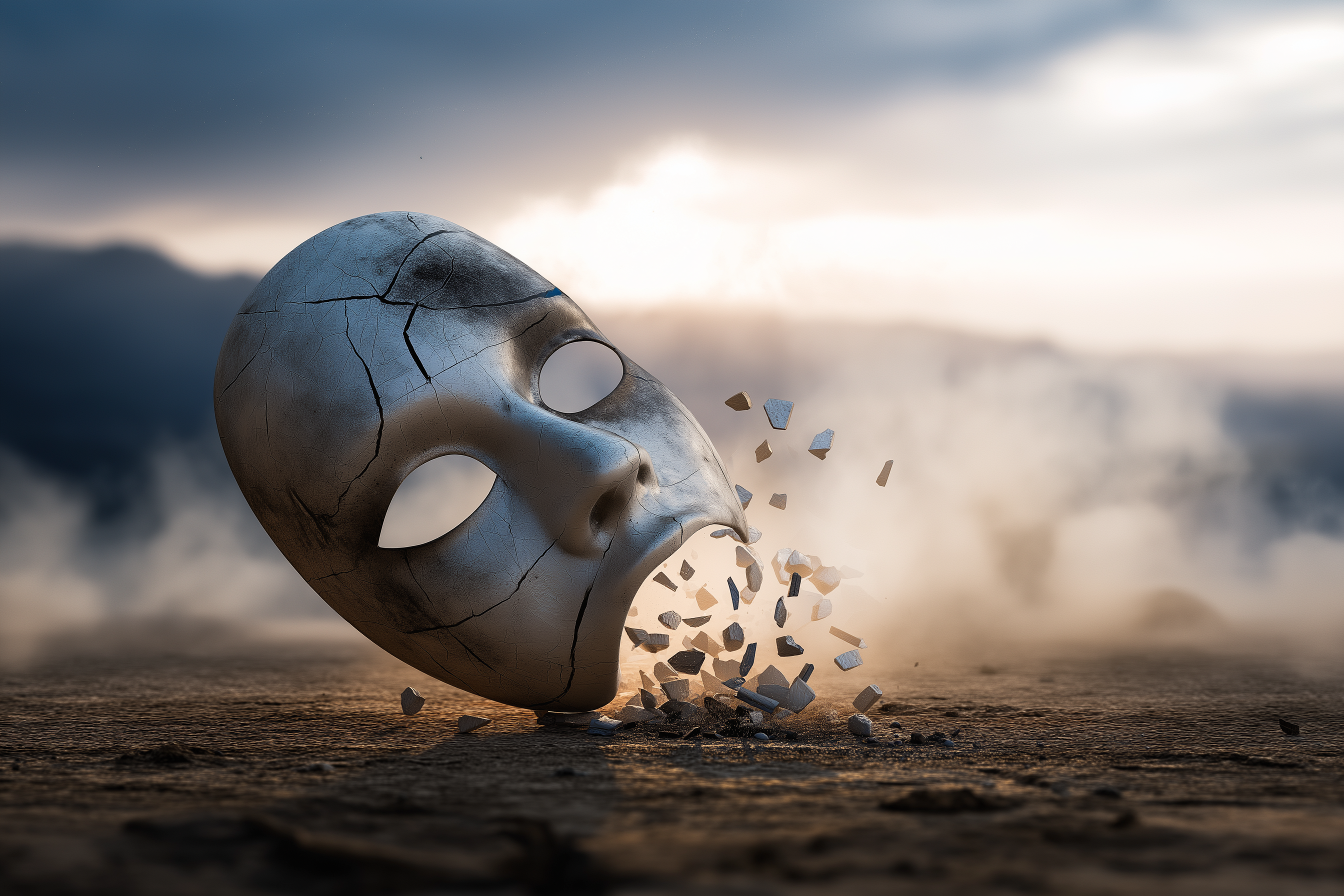While no individual theory in psychology can capture our full nature, in many ways Carl Jung was ahead of his time. His deeply personal intuitions about human nature often called Jungian psychology is a school of thought that emphasizes the role of the unconscious, dreams, and symbolism in understanding the human psyche. Unlike Freud's focus primarily on the personal unconscious derived from individual experience, Jung proposed a deeper, more universal layer: the collective unconscious. This collective unconscious is inherited and contains archetypes, which are universal, primordial patterns or images present in the human mind across all cultures and times, influencing our thoughts, emotions, and behaviors.
Key parts Jung saw in the self, often conceptualized as archetypes or fundamental components of the psyche, include:
The Ego: This is the center of consciousness, responsible for our sense of identity and our awareness of ourselves and the world. It is the part of the psyche that makes decisions and integrates experiences.
The Persona: Derived from the Latin word for an actor's mask, the persona is the social face we present to the world. It's the consciously constructed identity we use to adapt to society and fulfill various roles, often concealing aspects of our true nature.
The Shadow: This archetype represents the repressed, unacknowledged, or undesirable aspects of the personality, both negative and potentially positive, that the conscious ego has rejected or suppressed. It embodies qualities that don't fit our self-image or societal norms.
The Anima and Animus: The Anima is the unconscious feminine aspect within a man's psyche, while the Animus is the unconscious masculine aspect within a woman's psyche. They influence our relationships, dreams, and provide a connection to the collective unconscious.
The Self: This is the central and most important archetype, representing the totality and wholeness of the personality. The Self encompasses both conscious and unconscious aspects, including the ego, persona, shadow, and anima/animus. It acts as an organizing center for the entire psyche, striving for integration and the realization of one's full potential, a process Jung called individuation. Individuation is the lifelong journey of integrating these disparate parts of the psyche to become a unified and authentic individual.
Carl Jung's analytical psychology is profoundly shaped by his unique and often turbulent life experiences. His early childhood, marked by a distant father and an eccentric mother who claimed communion with spirits, instilled in him a fascination with the unconscious, symbolism, and the non-rational aspects of the human mind, leading him to explore areas like the occult and mythology early on. The pivotal break with Sigmund Freud, initially his mentor and a father figure, triggered a deep personal crisis for Jung around 1913. During this period of intense introspection, which he called his "confrontation with the unconscious," he actively engaged with his own dreams, and visions, meticulously recording them in what became known as his "Red Book." This profound personal journey informed the core tenets of his theories, including the collective unconscious, archetypes, and the lifelong process of individuation—the integration of conscious and unconscious elements to achieve psychological wholeness. Thus, Jung's psychology is not just an academic construct, but a reflection of his own arduous path towards self-discovery and meaning.
